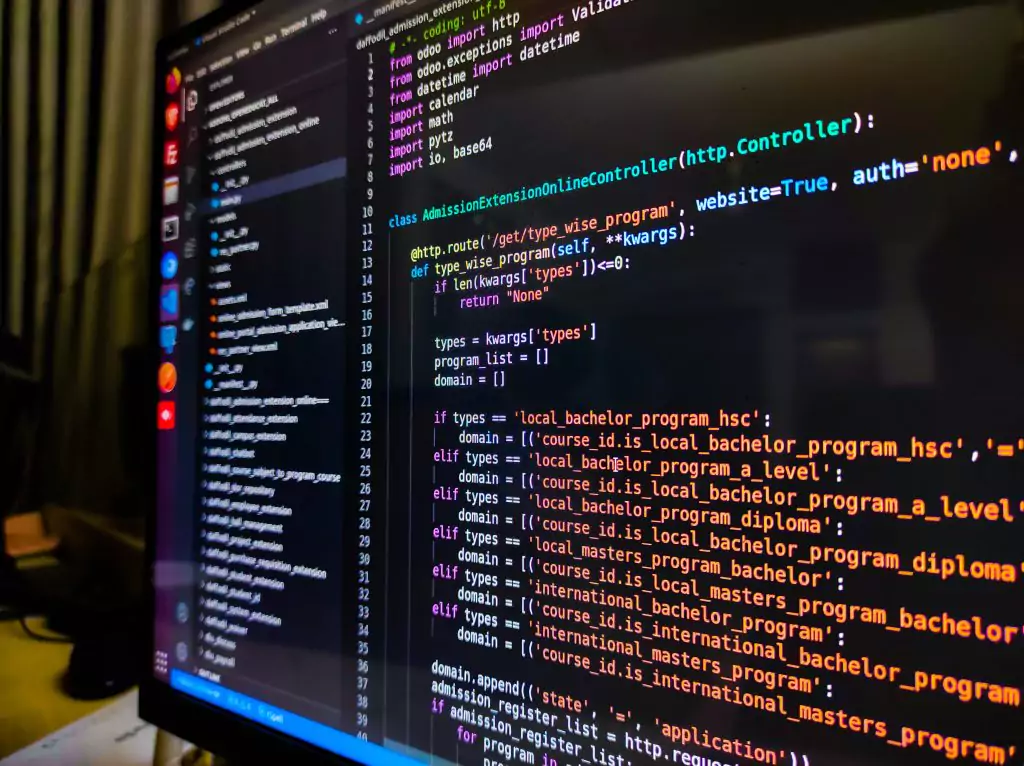
As technology continues to shift and advance at an incredible pace, GeekWire reports that software engineers are increasingly welcoming artificial intelligence into their toolboxes. Generative AI tools such as GitHub Copilot, Amazon CodeWhisperer, ChatGPT, and Tabnine are increasingly being used by developers to automate routine tasks, allowing them to focus on more complex challenges.

✅ AI Essay Writer ✅ AI Detector ✅ Plagchecker ✅ Paraphraser
✅ Summarizer ✅ Citation Generator
Key Takeaways:
- A GitHub survey indicates a whopping 92% of US-based developers are using AI coding tools both in and outside of work, with 70% stating these tools will provide an advantage in their professional endeavours.
- A similar trend was noted in a Stack Overflow survey, with 77% expressing a positive attitude towards incorporating AI into their development workflow.
- AI coding tools have gained traction in a diverse range of tech companies, with various leaders sharing their experiences and insights.
Microsoft CEO Satya Nadella stated in a recent interview with Wired that he realized AI’s potential to be transformative when he saw its capabilities in the field of programming, a realization that led to the development of GitHub Copilot. The rapid adoption of AI in the realm of coding has not only made routine tasks more efficient but also increased the productivity of developers.
AI Bolsters Efficiency in Startups
Diamond Bishop, CEO and co-founder of Augmend, said, “AI is making it so small startups like ours can accelerate all aspects of the software development lifecycle. We’re a team of five devs, and we estimate a productivity impact of almost 2X.” She went on to highlight how AI tools have become integral to development, debugging, and learning processes. The advantage of these tools becomes particularly pronounced when working in unfamiliar areas, as is often the case in a new startup.
Bridget Frey, CTO at Redfin, underlined how AI tools are making engineers more efficient, ranging from aiding in the migration from one programming language to another to assisting developers in understanding legacy code written by their predecessors. But the advantages of AI aren’t just limited to the technical aspects of the job. Frey shared how language models have been used to explain the logic behind home pricing in plain language, an insight that can be passed on to customers to help them understand the pricing of their properties.
AI: Not a Complete Replacement but a Powerful Aid

While there is considerable excitement around the impact of AI on coding, there is also a recognition that these tools can’t completely replace human engineers. Jonathan Wiggs, CTO and co-founder at Outbound AI stressed, “It’s important to emphasize that we still need experienced and skilled engineers for 90% of our work.” However, he also recognized the ability of AI to write code snippets and narrative summaries, tasks that AI can often perform as well, if not better, than human workers.
Innovation and Concerns about the Future of Coding
In conclusion, it is clear that generative AI tools are revolutionizing the way software engineers do their jobs. Yet, as Kevin Leneway, principal software engineer at Pioneer Square Labs, noted, there is also a feeling of unease amongst some engineers. As an early adopter of AI tools, Leneway highlighted that there is a level of “sadness knowing that the skillset I’ve cultivated is gradually declining in usefulness.” However, as AI continues to evolve, the symbiotic relationship between AI and human programmers will continue to redefine the landscape of software engineering.
Read also:
Everyday Employees Automating Work With No Coding Skills Needed
DeepMind’s AlphaDev Changes the Art of Coding with New AI-Optimized Algorithms
RubyGPT Empowers Education with AI
Follow us on Reddit for more insights and updates.





Comments (0)
Welcome to A*Help comments!
We’re all about debate and discussion at A*Help.
We value the diverse opinions of users, so you may find points of view that you don’t agree with. And that’s cool. However, there are certain things we’re not OK with: attempts to manipulate our data in any way, for example, or the posting of discriminative, offensive, hateful, or disparaging material.